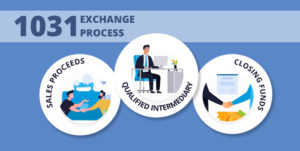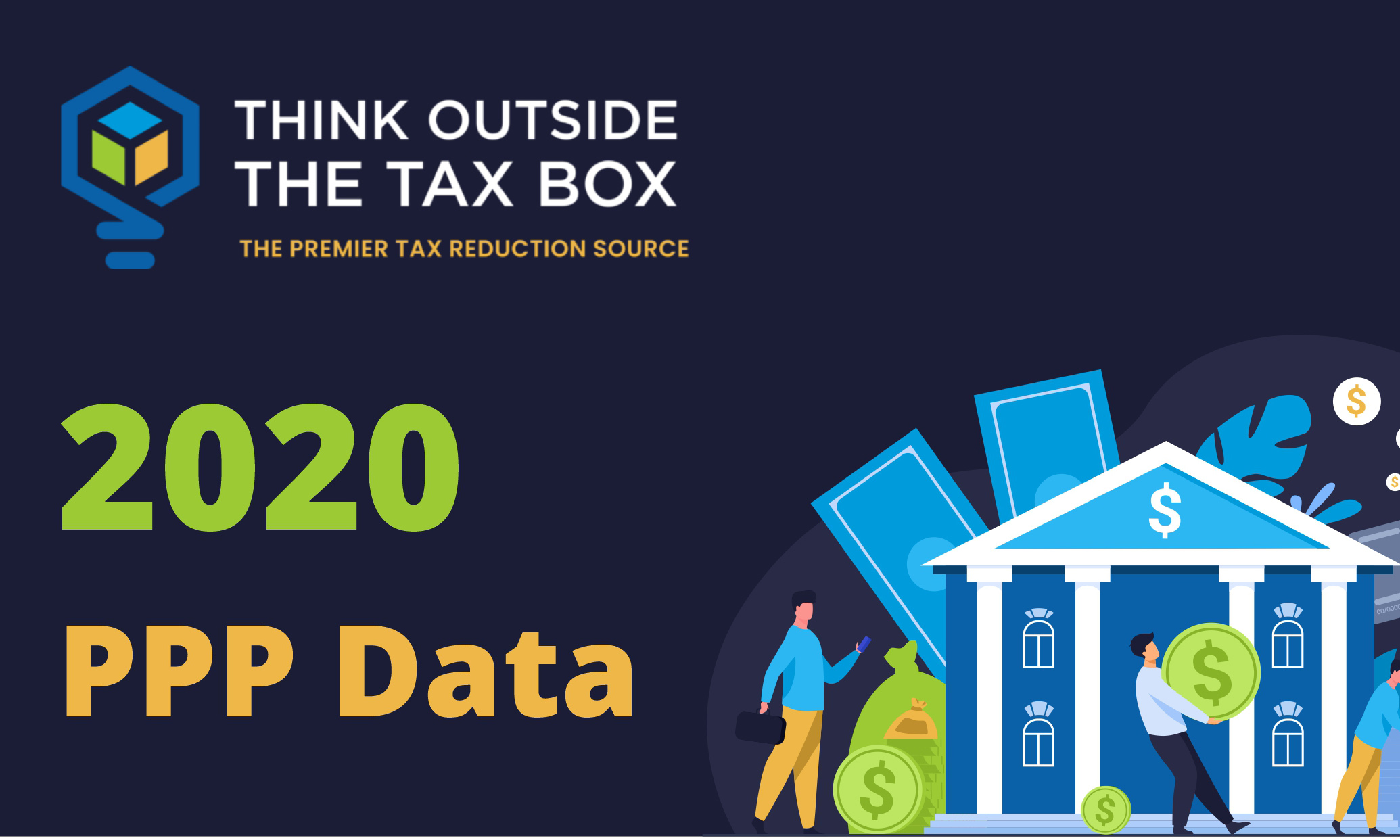
When a 1031 Exchange Should Be Used for Tax Savings
If you made money on your real estate investment, congratulations! You’re now in the same club that more than 90 percent of the world’s millionaires do to create wealth. Now it’s time for tax on that profit.
A large tax bill generally means you made a large profit. But avoiding the tax can be like having your cake and eating it too. A 1031 Exchange is an incredibly powerful tool for you to defer the tax when used in the right circumstances.
Many real estate investors and landlords look to the 1031 Like-Kind Exchange (LKE) as an excellent method of selling investment real estate without paying tax at the time of sale. This gives you more use of the cash you get at the sale and more time to use it.
















